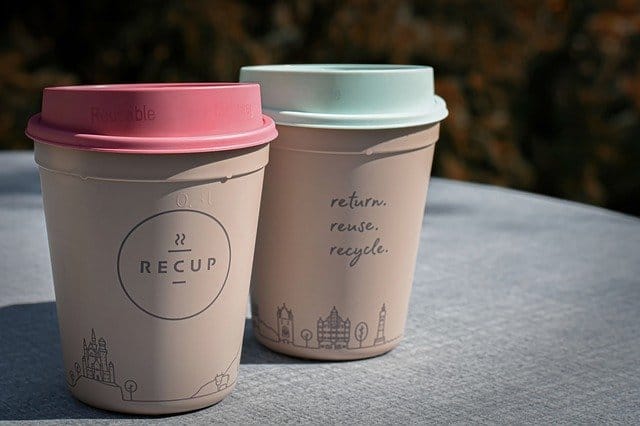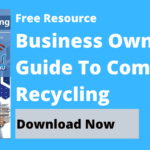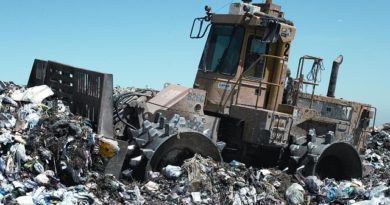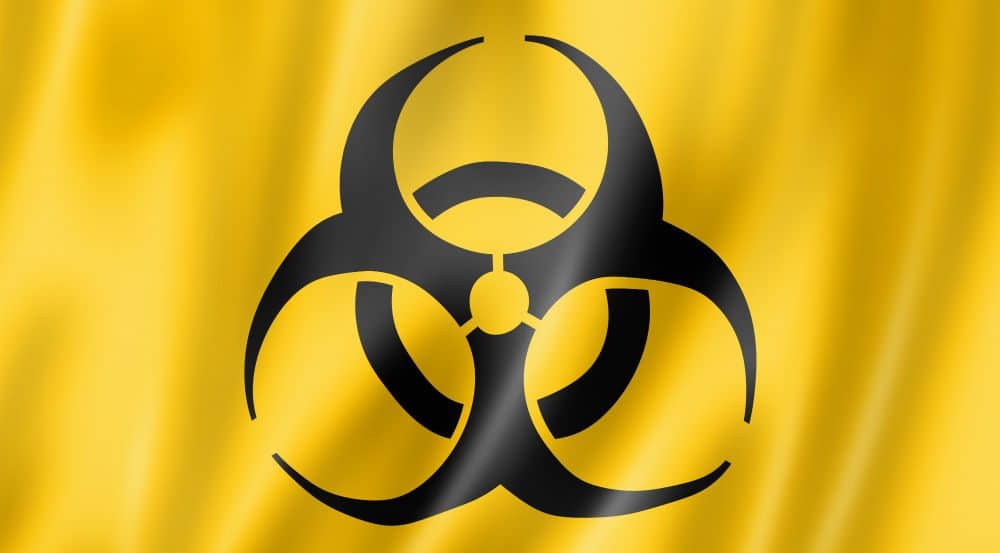Recycling Problems ♻️ – Is Recycling Really The Solution In Waste Management?
Energy Disrupter
Recycling Problems ♻️: We were always taught in schools and in other establishments that recycling is the way to go in maintaining a sustainable environment. But what if I tell you that is not always the case?
Just as putting trash in landfill should be the last resort, that should also be the case with recycling.
Let me tell you why recycling proves to have problems in the long run.
A bit about Waster
Before I continue with the topic, let me first share with you Waster.
We here at Waster provide you with innovative solutions for you and your business’s waste management and recycling needs. Additionally, we provide flexible, 30-day contracts instead of the typical lock-in contracts, which proves to be better.
>Download Now: Free PDF Business Owners Guide To Commingled Recycling Bin Services
Click on the blue button to learn more.
How does recycling become a problem?
I kind of believe in a way that recycling is not the sole thing to do in achieving a sustainable environment. Most people think recycling means helping our Earth all the time and without consequences. But I beg to differ. And here is why.
Wrong perception of recycling
First and foremost, the main problem in recycling is that people buy and consume more goods, thinking recycling will negate it. According to a BBC web article, there are two main reasons why people find recycling as the best option:
- They find pleasure in thinking that their consumed resources would be recycled.
- They experience less guilt in wasting resources.
Generally, recycling has so much become the norm that they forget that the main reason for waste management is to lessen resource consumption or at least reuse it without the need for recycling. The problem with recycling is that it also causes resource consumption and pollution in its process. Just as there are two reasons for people finding recycling to be the best solution, I will state two other reasons why recycling is not always the best option. Let me enumerate further.
Recycling problem # 1: it is not circular
In the blog on the advantages of steel recycling, I stated that recycling metal is sustainable because it does not lose its quality even after it is recycled so many times as scrap metal. Another good thing that can be recycled many times would be aluminium. But what about other materials?
Let us say, for example, plastic. As opposed to steel recycling, plastic recycling has its limits. Remember that you can only recycle plastic for up to nine times before losing its ability to be recycled. That says a lot in recycling. It is simply not a long-term solution for waste management.
Recycling problem # 2: it is unsustainable
Even if you have a recycling bin that gets collected once a week or so, it doesn’t guarantee us truly living a “greener” lifestyle. It, unfortunately, makes us believe that we should buy more and more products and put the consumed products in the recycling bins for collection and processing.
As a result, we think we are helping with the environment, but what we are doing is actually quite the opposite. As stated by Medium, we are just “sustaining the production of packaging that is often single-use or excessive and usually made from plastic.”
Additionally, recycling also equates to the consumption of resource and pollution. Recycling becomes a problem when resources are consumed. For example, in order to recycle plastic bags, resources such as fossil fuels, electricity, and water are spent. From its collection, transportation, and processing, recycling consumes a big amount of resources. Is the trade-off really worth it?
[embedded content]
In reality, recycling is just a slightly better method than putting it in a landfill in waste management.
Solutions
Recently in China, they imposed a plastic waste ban in order to counter its waste problem. This may give us some insights on determining a better alternative than recycling.
- Review your habits – only buy what you can consume. Do not buy in bulk if unnecessary. This causes a significant amount of resource depletion. As a result, buy only what you need in healthy amounts.
- Reuse – find ways on how you can reuse your consumed product without the need for disposing of and recycling. For example, turn your plastic bottle into a watering can for your plants! You only need to cut up some holes, and there you have it! Another idea would be to design them and turn them into a piggy bank.
- Compost – a truly circular and sustainable habit in waste management would be composting. Compost anything that is considered biodegradable. Unlike recycling, composting is relatively easier and poses no threat to the environment. For example, you can opt to recycle paper instead of recycling it. As stated by earth911, “ “.
Recycling problems: conclusion
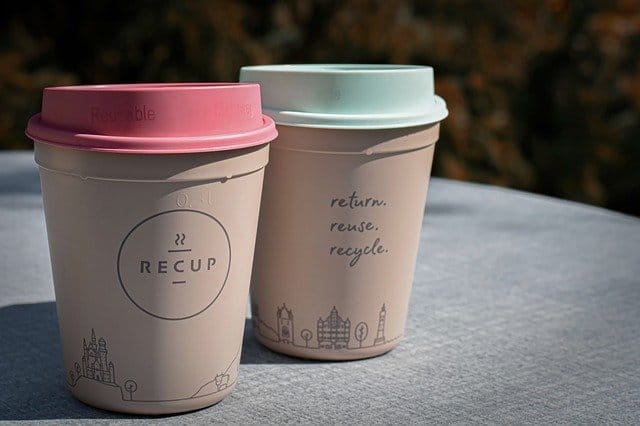
Recycling is still a good option in eliminating waste, do not get me wrong. But we also have to consider the resource used and environmental impact it causes. There is a reason why “Reduce” and “Reuse” goes first before “Recycle” in the 3 Rs.
Do not remove recycling in your waste management options. It still is an important factor in eliminating waste. But make sure to consider reducing and reusing first before recycling so that no environmental problems arise. According to Recycling Guide UK, here is its environmental importance to us:
- Harmful chemicals and greenhouse gasses are released from rubbish in landfill sites. Recycling helps to reduce the pollution caused by waste.
- Habitat destruction and global warming are some of the effects caused by deforestation. Recycling reduces the need for raw materials so that the rainforests can be preserved.
- Huge amounts of energy are used when making products from raw materials. Recycling requires much less energy and therefore helps to preserve natural resources.
If you’re looking for recycling bins, check our waste recycling shop and find the best deals in terms of pricing and services.
Also, please call 1300 WASTER (1300 927 837), or email us at [email protected] if you have any further questions.




